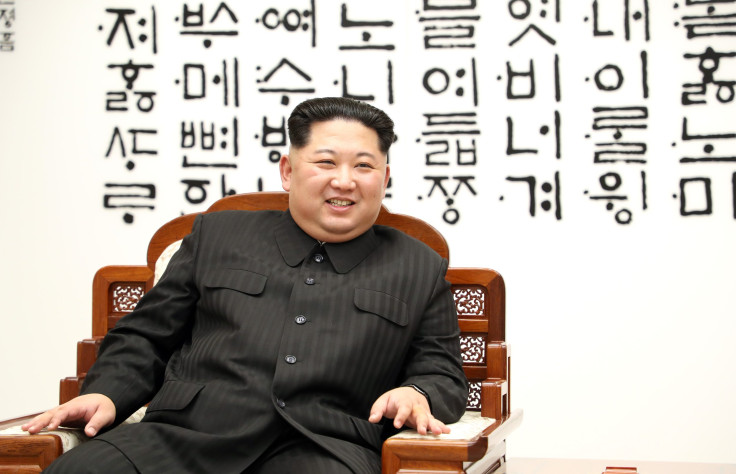Did North Korea Bomb Japan? Media Falsely Reports Missile Launch On Hokkaido

Early Friday morning, Japanese public broadcaster NHK (Nippon Hōsō Kyōkai with the official English name Japan Broadcasting Corporation) reported that North Korea had launched a missile that landed in the waters east of the island chain. About two hours later, the broadcaster aired an apology on its website explaining that the report was untrue and was supposed to be used for “training purposes” as a media training alert.
The timing of the broadcast error comes at a time of extreme tensions with North Korean leader Kim Jong Un warning of a possible “Christmas gift” in the form of a long-range ballistic missile test, leaving some in fear of a real bomb attack.
This is not the first time that NHK has issued a false alert. In January 2018, they were forced to apologize after mistakenly sending out a warning that North Korea had fired a missile.
The text of the message read, “North Korean missile seen as having fallen into seas about 2,000 km east of Hokkaido’s Cape Erimo.” The area is in Japanese waters.
NHK has a mandate as a public broadcaster to warn citizens about any emergencies including natural evens like an earthquake or tsunami and on man-made security threats. In 2017 North Korea launched some missiles that flew over the same Cape Emiro area. “J-alerts” were issued by the government to millions of cell phones with NHK being a part of the J-alert system.
The 2017 launch was the largest missile that North Korea had launched, a Hwasong-15 ICBM that Pyongyang claimed could reach anywhere in the United States.
There are two serious repercussions to the issuance of false news flashes made intentionally or in error. The first is exemplified by one of Aesop’s fables, “The Boy Who Cried Wolf” where a shepherd boy’s repeated false warnings about a wolf goes unheeded when the wolf actually appears.
The second and more serious consequence is that the false reports might cause a public panic. This happened in the U.S. during a Halloween broadcast in 1938 when CBS Radio network aired an episode of The Mercury Theatre on the Air narrated by actor-filmmaker Orson Welles.
The episode was based upon H.G Wells' novel “The War of the Worlds” and narrated by Wells as a radio news broadcast of an ongoing Martian invasion. Some listeners tuning in a bit late believed the narration to be true. The actual resulting “panic” was small, but it led to a public outcry toward the broadcasters of that era.
Christmas has come and gone with no "Christmas Gift" from Kim Jong Un, but it remains to be seen if he will take any actions if his December 31 deadline expires for the U.S. and President Donald Trump to budge on their stalled denuclearization talks.
© Copyright IBTimes 2025. All rights reserved.





















